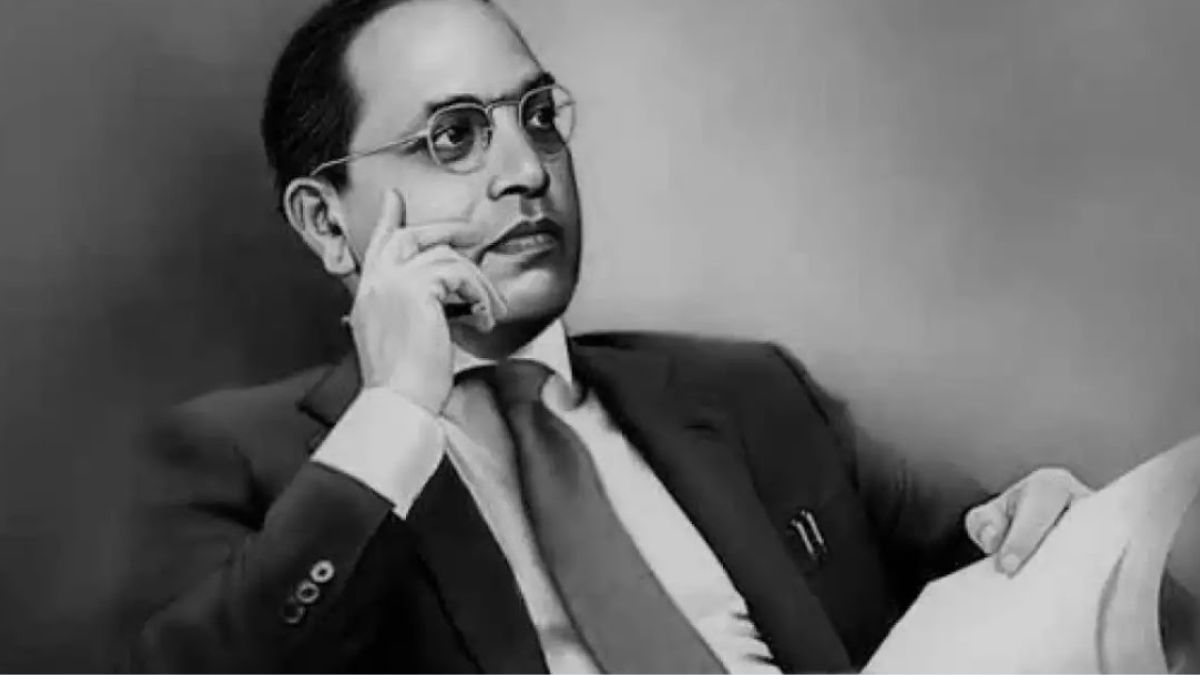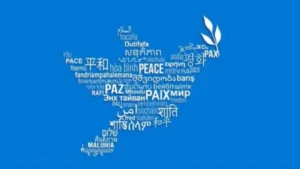BR Ambedkar Remembrance Day, also known as Ambedkar Jayanti, is a significant observance in India and globally. The day honors Dr. Bhimrao Ramji Ambedkar, one of the most influential social reformers, jurists, and the chief architect of India’s Constitution. Dr. Ambedkar’s relentless advocacy for social justice, equality, and human rights has left an indelible impact on India’s political and social landscape, especially for marginalized communities. The observance of Ambedkar Jayanti on April 14th each year serves as both a commemoration of his life and an affirmation of his contributions toward shaping a just and equal society.
History of Ambedkar Jayanti
First Ambedkar Jayanti (1928)
- The first celebration of Ambedkar Jayanti occurred in Pune on April 14, 1928. It was initiated by social reformer Janardan Sadashiv Ranapisay, a follower of Dr. Ambedkar, to commemorate his birth anniversary.
- Dr. Ambedkar had not yet drafted the Indian Constitution at the time, but his influence was already profound in advocating for the rights of Dalits and marginalized communities.
Posthumous Recognition (1990)
- In recognition of his monumental contributions, Dr. Ambedkar was posthumously awarded the Bharat Ratna, India’s highest civilian honor, in 1990.
Ambedkar Jayanti in the Pre-Independence Era
- Dr. Ambedkar’s birthday celebration began well before India’s independence and Constitution were in place, signifying his early influence on the fight for social and political rights.
Significance of Ambedkar Jayanti
- Ambedkar Jayanti serves as a powerful reminder of Dr. Ambedkar’s lifelong struggle for social equality and justice. Key aspects of its significance include:
Constitutional Contributions
- Dr. Ambedkar is widely revered as the chief architect of the Indian Constitution. His leadership in drafting the Constitution laid down the foundations for a democratic, secular, and inclusive India.
Social Reform Legacy
- His contributions to social reforms and efforts toward eradicating caste-based discrimination remain a cornerstone of his legacy. Dr. Ambedkar fought for the rights of the Dalit community, advocating for their upliftment through education and legal empowerment.
Empowerment of Marginalized Communities
- Ambedkar Jayanti is an opportunity to reflect on the ongoing struggles and the progress made by marginalized communities, particularly Dalits, in securing their rights and improving their socio-economic conditions.
Symbol of Resistance
- Dr. Ambedkar is seen as a symbol of resistance against the oppressive caste system and the champion of human rights, equality, and fraternity. His legacy continues to inspire individuals and movements advocating for social justice.
Why Ambedkar Jayanti Is Observed on April 14
Birth Anniversary
- Dr. Ambedkar was born on April 14, 1891, in Mhow, Madhya Pradesh, into a Dalit family. His birthday, now observed as Ambedkar Jayanti, is a day to celebrate his life and remind society of his lifelong commitment to justice, education, and equality.
A Day for Reflection on Constitutional Values
- The date serves as a reminder to reaffirm the constitutional values of liberty, equality, and fraternity, which Dr. Ambedkar tirelessly championed. It is also a day to reflect on the progress made and the challenges that remain in achieving social equality in India.
Celebrations and Observance
- Ambedkar Jayanti is observed with various ceremonies and activities across India and in countries with large Indian diasporas. The key events on this day include:
Public Processions and Parades
- Large-scale processions and parades are held at places associated with Dr. Ambedkar’s life, such as Chaitya Bhoomi in Mumbai and Deeksha Bhoomi in Nagpur. These events attract thousands of people, including political leaders, social reformers, and the general public, who come together to pay homage to Dr. Ambedkar’s legacy.
Statue Decorations and Memorial Visits
- Dr. Ambedkar’s statues are decorated with flowers, and people gather to offer respects, recite his speeches, and reflect on his life.
Educational Activities
- Universities, colleges, and academic institutions hold lectures, seminars, and discussions to commemorate Dr. Ambedkar’s life and philosophy. These events often focus on his contributions to law, education, and social justice.
Public Holiday
- Ambedkar Jayanti is a public holiday in many Indian states, including Delhi, where government offices and public sector undertakings are closed to allow people to participate in the commemorations.
Global Observance
International Celebrations
- Ambedkar Jayanti is also celebrated internationally in countries with significant Indian diaspora communities, including the United Kingdom, United States, Canada, and South Africa. These celebrations include gatherings, discussions, and cultural events, often organized by Ambedkarite groups and institutions dedicated to promoting his values.
Recognition by the United Nations
- The United Nations recognized Ambedkar’s contributions by observing Ambedkar Jayanti in 2016, 2017, and 2018, further solidifying his global influence in the promotion of human rights and social justice.



 Central Excise Day 2026: Why 24 February...
Central Excise Day 2026: Why 24 February...
 World Peace and Understanding Day 2026: ...
World Peace and Understanding Day 2026: ...
 International Mother Language Day 2026: ...
International Mother Language Day 2026: ...








